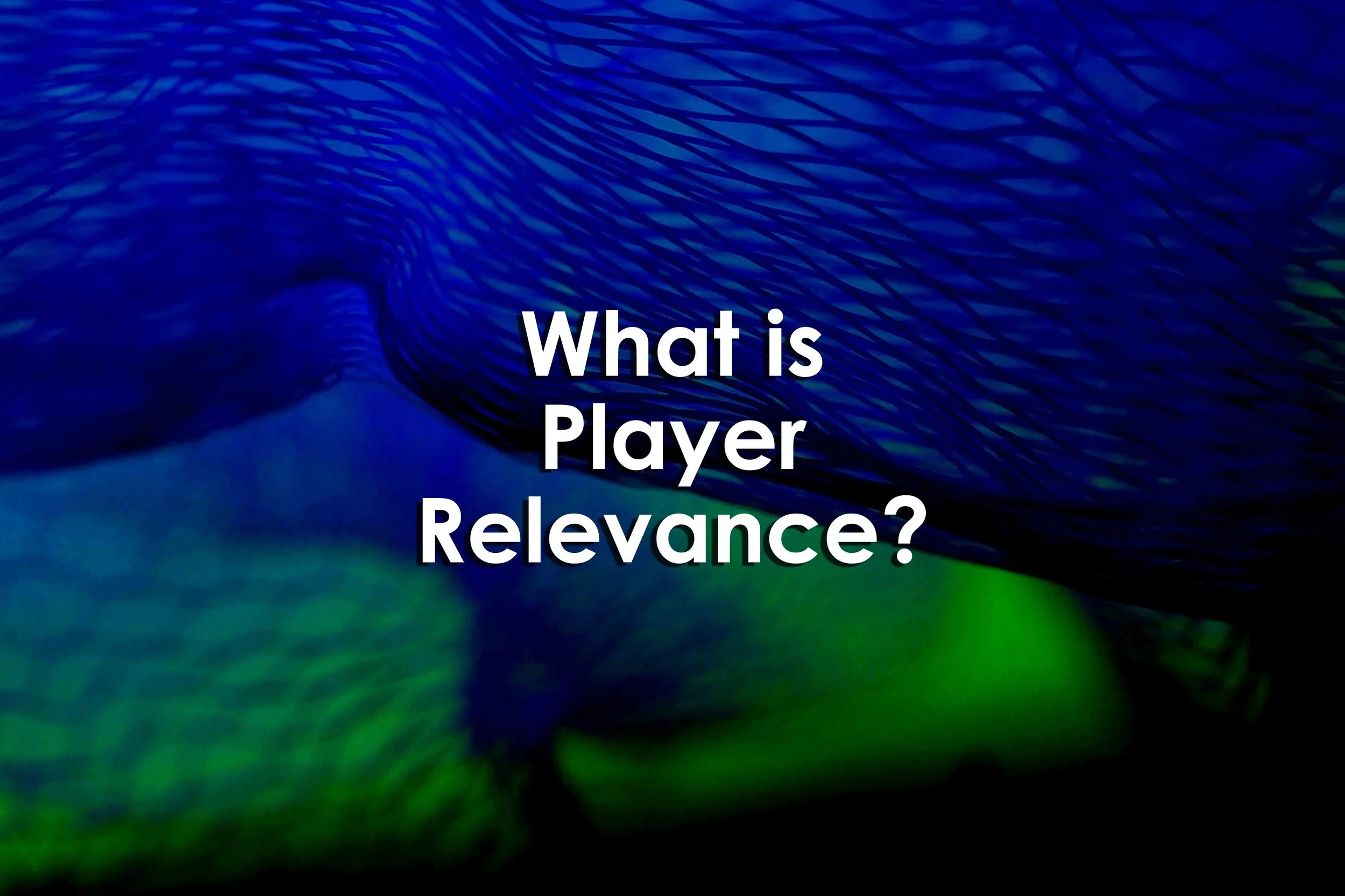This article explores role-playing games (RPGs), defining them as experiences where players embody characters in fictional worlds shaped by narrative, mechanics, and agency. It covers their origins in tabletop games like Dungeons & Dragons, their evolution into digital forms, and the core elements that define RPGs across platforms. The piece also highlights the psychological, social, and educational benefits of RPGs, including their use in therapy, identity exploration, and games-based learning through collaborative storytelling and character-driven gameplay.
Read MoreThis article covers the concept of player relevance in depth. Specifically, it defines the term “player relevance” for the context of this article. Player agency and its relationship to player relevance will be covered and discussed. The decision space and individual motivations are equally important for determining player relevance. Therefore, this article will discuss both in relationship to the player journey.
Read MoreThis article will define and outline what a kingmaking scenario is. A history of kingmaking will be discussed as well as reasons that it may arise in different situations. Kingmaking as a spoiling tactic in game mechanics will also be covered. Kingmaking in tournament situations and table top games will be included. Finally, kingmaking can have an adverse impact on both player agency and the player experience. Both areas will be discussed in addition to how kingmaking takes effect in scenarios outside of games.
Read More


